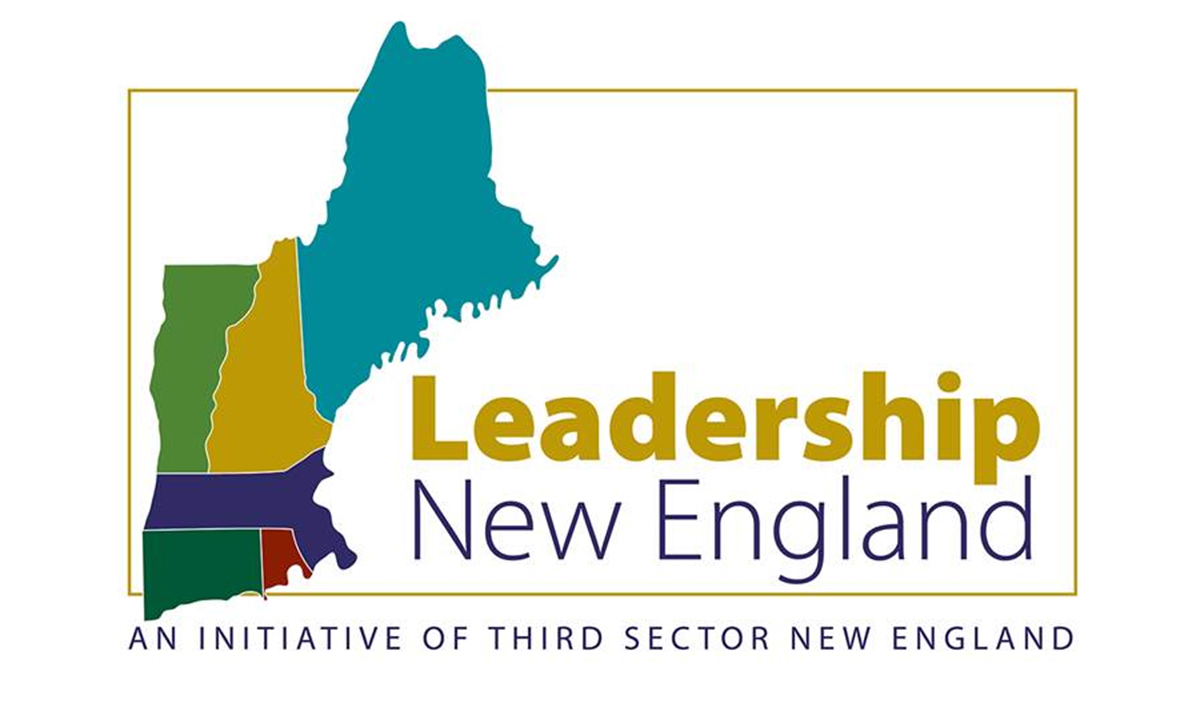New report profiles nonprofit leaders in New England, points to challenges with many seasoned leaders planning to leave in the next five years.

Two-thirds of the nonprofit leaders surveyed plan to leave their jobs within five years. Points to challenges in raising capital, board governance and need for investment in staff professional development.
June 10, 2015 Boston, Mass. —Leadership New England, a new study of nonprofit executives and board members in the region, reports that two-thirds (64%) of executives plan to leave their jobs within the next five years, 60% of organizations do not have succession plans, and just one-third of leaders believe they have staff in their organization who can step up into leadership positions.
The study, conducted by Boston-based TSNE, a nonprofit, capacity-building organization specializing in leadership and management support for nonprofits, surveyed more than 1,200 executive directors and board members to investigate their current challenges and document what is needed to keep New England nonprofits healthy and sustainable in the coming decade. In response, 877 leaders (primarily executive directors) and 330 board members completed the survey. TSNE partnered with more than 40 organizations—including foundations and others— who distributed the survey to leaders and board members in the six New England states.
“Many of the leaders and board members we surveyed reported their organizations are not ready for the anticipated challenges associated with such a large exodus of seasoned leaders — as baby boomers leave organizations they’ve been with for a long period or founded — and the next generation steps up,” says Hez Norton, co-author of the report for TSNE. “Many organizations have no succession plans, resources to develop leaders within organizations, are financially frail, and are faced with struggling boards. These challenges will likely intensify during any type of leadership transition.”
Other critical challenges highlighted in the survey are the scarcity of resources to support professional development for nonprofit leaders and staff, fundraising, and board governance. Nearly half of respondents report their organizations have less than six months of cash reserves on hand and declare fundraising as their number one challenge. Leaders report that two areas where they need more support and investment in preparing for transitions are developing sustainability strategies, cultivating leadership within their organizations, and staff development.
Despite the challenges nonprofits face, leaders reported being happy in their jobs, they are passionate about their organization’s mission, and their work has increased their sense of purpose and accomplishment. The report illustrates the resiliency and optimism of nonprofit leaders in the region.
“The report clearly underscores the challenges that have plagued nonprofits for decades, but with seasoned leaders leaving, we can no longer rely on their commitment to their work alone to sustain the sector,” says Jonathan Spack, chief executive officer of TSNE. “It’s time to make critical investments in infrastructure and leadership development to set up the next generation of leaders for long-term success, and to be prepared for whatever the future brings.”
Other significant findings:
- Six in ten New England leaders (58%) and board members (62%) said their organizations do not have any type of succession plan in place.
- A majority of both leaders and board members reported fundraising as the number one challenge in their organization.
- Almost half of leaders (49%) who plan to leave their organizations within two years report that a more highly performing board would make them more likely to stay with the organization.
###
About Leadership New England Study
In the fall of 2014, TSNE partnered with foundations and other nonprofits across the region to conduct broad outreach via web channels and mailings to grantee and partner organizations. In response, 877 leaders (primarily executive directors) and 330 board members of nonprofit organizations completed surveys aimed at advancing understanding of nonprofit leadership in New England – who these leaders are and the challenges they face in their work. Fifteen foundations and sponsors contributed funding support including major funding partners: Barr Foundation, The Boston Foundation, The Community Foundation for Greater New Haven, Hartford Foundation for Public Giving, Rhode Island Foundation, United Way of Massachusetts Bay and Merrimack Valley. With additional support from Connecticut Community Foundation, The Community Foundation of Northwest Connecticut, Maine Community Foundation, New Hampshire Charitable Foundation, The Vermont Community Foundation, Connecticut Health Foundation, Essex County Community Foundation, Greater Worcester Community Foundation and United Way of Central Massachusetts; in addition to many nonprofit partners providing outreach and promotional support. The report and interactive database with the Leadership New England data are available at: www.tsne.org/leadership-new-england
About TSNE
Since its founding in 1959, TSNE (www.tsne.org) has focused on building the knowledge, power and effectiveness of nonprofits, so they can better help communities leverage resources, solve problems, identify opportunities – and thrive. We use innovative models and strategies in our work to support organizations committed to social change.
For more information contact:
TSNE
Sandy St. Louis
Director of Communications
617.896.9339/direct
sstlouis@tsne.org